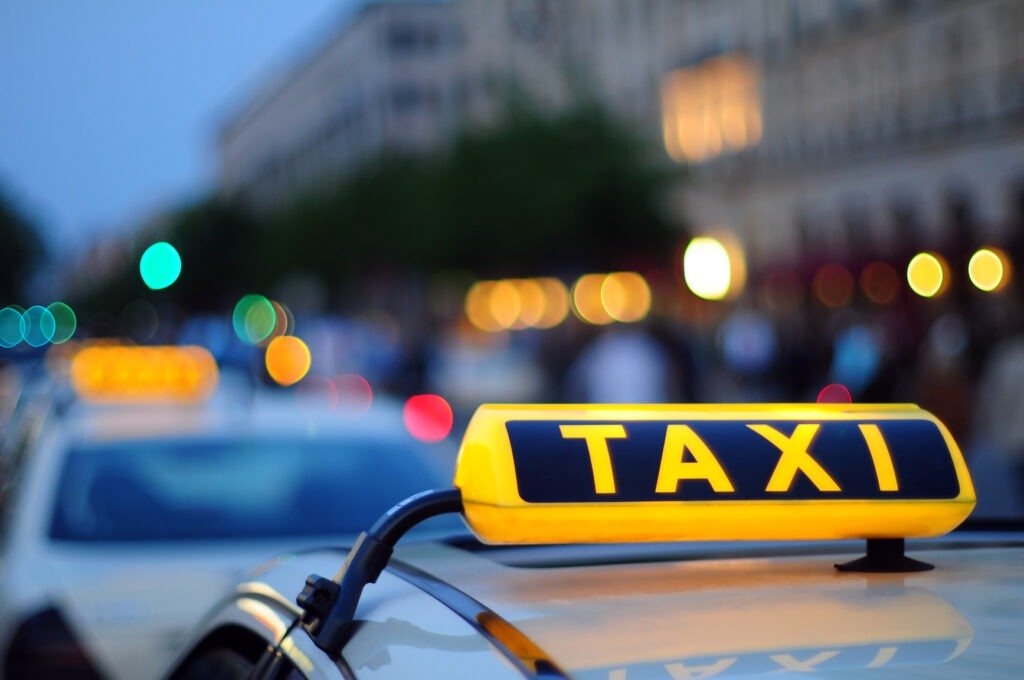new funds to support businesses
Three new funds to support businesses uniquely affected by the COVID-19.
New funds to support businesses uniquely affected by the coronavirus (COVID-19) pandemic will launch this week.
From today, local authorities will start to approach brewers, travel agents and indoor football centres inviting them to claim grants of £10,000 or £25,000. A higher payment of £30,000 will be available to the largest brewers.
Councils will brief around 400 eligible businesses on their potential entitlement and ask them to provide supporting information and bank account details. Owners do not need to apply, or contact the local authority.
Finance Secretary Kate Forbes said:
“We started 2021 in a way none of us envisaged nor wanted, with additional measures in place to limit the spread of the new strain of COVID-19, protect our NHS and save lives.
“These funds recognise the unprecedented challenges that brewers, travel agents and indoor football centres have experienced since March as a result of necessary restrictions.
“We are acutely aware that this support can never compensate for the full impact on business, but we must work within the resources that are available to us, and we continue to respond to the evolving economic challenges arising from the pandemic.”
The Scottish Government has allocated £3 billion in business support since the start of the pandemic on top of support available through the UK Government.
Grants available:
• £10,000 for premises which have a rateable value of up to and including £18,000
• £25,000 for premises which have a rateable value of £18,001 or above
• £30,000 for brewers only operating a property with a rateable value of over £51,000 or production over 5,000HL in 2019
More information on the Brewers Support Fund
More information on Support for Travel Agents
More information on Support for Indoor Football Centres

